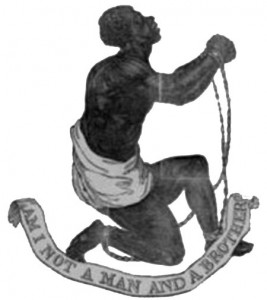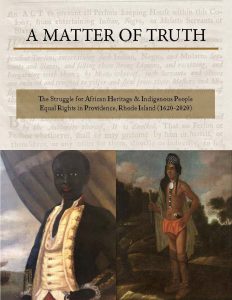 What stands out with the enslavement of African heritage people as the labor force of choice during the settlement of the Western Hemisphere as compared to slavery throughout world history is the unique concept of confining slavery to a single race and that children of slave mothers were born into slavery to serve for the remainder of their lives. This brutal system of inheritable servitude would impact the lives of tens of millions of Africans for four centuries and dramatically shaped the settlement and formation of the Americas. It is important to note that while slavery also long existed in the African continent, it was not the race based and transferable condition that was uniquely established in the Americas, with active participation of most European countries in search of land, conquest, settlement and economic exploitation.
What stands out with the enslavement of African heritage people as the labor force of choice during the settlement of the Western Hemisphere as compared to slavery throughout world history is the unique concept of confining slavery to a single race and that children of slave mothers were born into slavery to serve for the remainder of their lives. This brutal system of inheritable servitude would impact the lives of tens of millions of Africans for four centuries and dramatically shaped the settlement and formation of the Americas. It is important to note that while slavery also long existed in the African continent, it was not the race based and transferable condition that was uniquely established in the Americas, with active participation of most European countries in search of land, conquest, settlement and economic exploitation.
This concern for African participation in the European Trans-Atlantic Slave Trade would become a significant issue for a group of free Africans in 18th century Newport, Rhode Island. During much of the 18th century, Newport was a major American slave port and a substantial part of the town’s citizenry included enslaved Africans. As early as 1780, free Africans would assemble and establish the Free African Union Society for the purpose of promoting, preserving and protecting African rights in Newport and America. This self-help African organizational concept would later spread to New York, Philadelphia, Boston and Providence, Rhode Island.
On October 6, 1791 the Newport group would compose and forward a letter to other African organizations opining that Africans who participated in the slave trade would not become members of their societies. While there are no extant Newport records of Africans denied or expelled from membership because of slave trade participation, the fact the formal notice was drafted and publically conveyed provides a glimpse into the real concerns and the complexity of human relations during the early formation of America and our shared, sometimes tragic past.
“Be it Remembered, and it is hereby made known to all whom it may concern, that the
Africans, the Natives of Africa, residing in Newport, we the committee of the African
Union Society, taking into consideration, thought it our indispensable duty not to associate
ourselves to those who are of the African race that do, or hereafter be the means
of bringing, from their Native Country, the males, females, boys & girls from Africa into
bondage, etc. that hurt of themselves and the Inhabitants of the country or place where
they may be bought and sold, and that we the said Committee, for ourselves and the
Members of the said Union Society, whom we represent, will not, directly or indirectly,
receive any of our acquaintances, Fathers, brothers or other relations into this Society,
who is or shall be the means of bringing into slavery or bondage, any of their nation, or
others being Africans or Natives thereof, the Natives that are commonly called by
Inhabitants in Newport, Negroes, & the Inhabitants of the United States of America in
general. Whereas at the last Meeting of the present committee, it was proposed that it was not right & just to encourage those blacks who were the means of bringing or transporting
from Africa into this country the natives of Africa or elsewhere to make slaves, to the
great hurt of the Inhabitants of any part residing there in said places, that those who were
guilty of such acts, being blacks, should not enter into this Society as members thereof,
that so long as they were guilty, or did persist in said trade, should not enter into said
Society, nor be entitled to the privileges & advantages that any other Member might be
benefited thereby, this being a rule of the present committee. At a meeting of the committee of the African Union Society, held in Newport and on the first Thursday evening of October, being the sixth day of said month, Anno Domini, 1791, at Mr. John Green’s.”
- Saving Old Glory - March 31, 2023
- Keith Stokes receives Outstanding Achievement in Leadership Award - December 22, 2022
- Harriet Jacobs - December 22, 2022


 Click on image to view pdf
Click on image to view pdf
June 17, 2015 at 12:50 pm
Very informational reading.